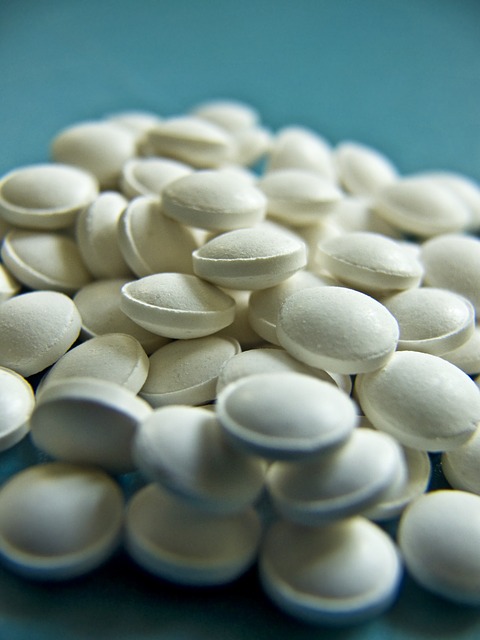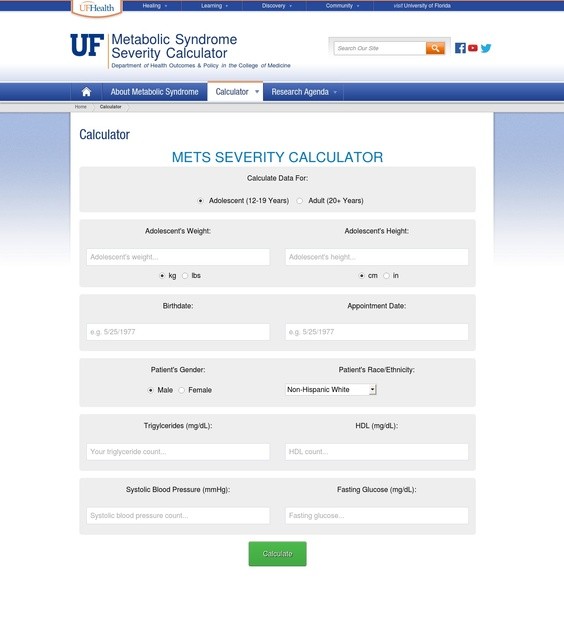The type 2 diabetes drug Avandia (rosiglitazone) does not appear to cause any more harm to the liver than other types of diabetes drugs, such as insulin, according to a new report.
And, unlike its chemical cousin Rezulin (troglitazone), it is not associated with liver failure, according to the report published in the May issue of the journal Diabetes Care.
Glitazone drugs are sold under brand names Avandia and Actos and are used to treat a type of diabetes called type 2 (or non-insulin dependent) diabetes--the most common and most rapidly increasing type of diabetes--by reducing patients' insulin resistance.
Rezulin was taken off the market 2 years ago because of concerns about possible liver damage. This sparked concern about the possibility of the other glitazone drugs causing similar liver damage or liver failure.
A review of clinical trials originally conducted by SmithKline Beecham Pharmaceuticals--the maker of Avandia--was undertaken by Dr. Harold E. Lebovitz of State University of New York in Brooklyn. Lebovitz, who is a major stock shareholder in SmithKline Beecham, also sits on the company's advisory board.
Continue Reading Below ↓↓↓
For the review, Lebovitz and his team re-examined the data from 13 studies that originally aimed to examine the efficacy and safety of Avandia.
"No evidence of (liver toxic) effects was observed in studies that involved 5,006 patients taking rosiglitazone," Lebovitz and colleagues write.
"The study is reassuring in that they did not find significant increases in liver damage from (Avandia) compared to any of the other classes of diabetes drugs," said Dr. Christopher Saudek, president of the American Diabetes Association, in an interview with Reuters Health.
To view this study and others online, visit care.diabetesjournals.org.
Source: Reuters Health; American Diabetes Association; Diabetes Care 2002;25:815-821. Publication date: 2002-04-26










